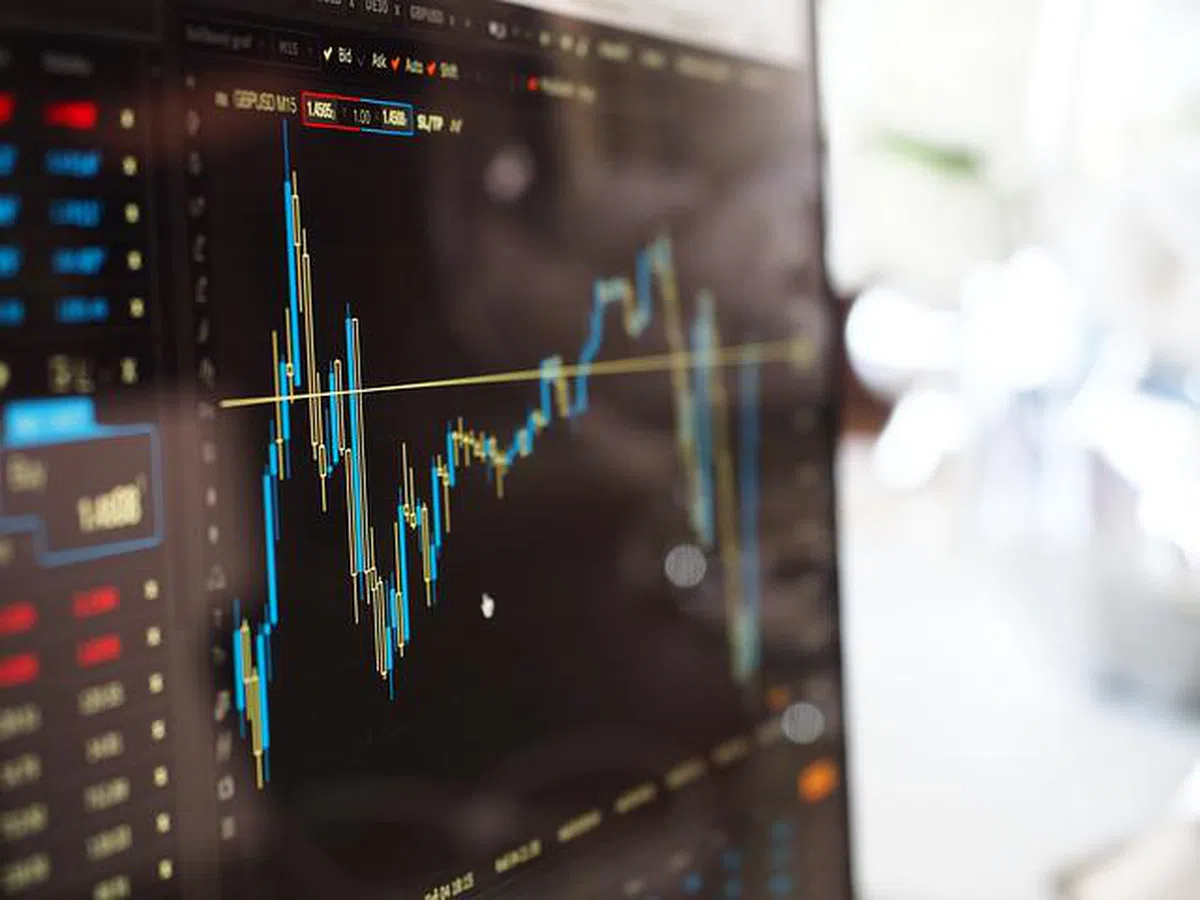Quick takes: What Trump’s win means for Asia markets, currencies and interest rates
MANY parts of global markets rallied massively as Donald Trump decisively won the US election on Wednesday (Nov 6).
US stocks soared, the dollar strengthened against many major currencies, while Bitcoin leapt to a record high.
But not all markets are doing well. On Thursday morning, Asia markets mostly fell – with the notable exception of Singapore’s Straits Times Index, which was up more than 1 per cent in early trading.
What does Trump’s win mean for Asia and global markets? Exporters are likely to contend with higher US tariffs, said market watchers, and a Trump administration could also mean higher than anticipated interest rates – just as the US Federal Reserve was embarking on a rate cutting path.
Here’s what analysts and economists are saying.
Impact on Asia markets
DBS said Asia would have to “build buffers against likely shocks”, with a likely intensifying of trade tensions.
BT in your inbox
Start and end each day with the latest news stories and analyses delivered straight to your inbox.
“Exporters to the US will see margin pressure, China-US tensions will likely exacerbate, (emerging market) currencies will face depreciation pressure, and their central banks will see room for rate cuts narrowing somewhat,” said the bank’s chief economist Taimur Baig in a note.
One exception is Singapore, which is unlikely to be singled out by the US for additional tariffs given that it has a bilateral trade deficit with the US, said Maybank. In fact, analysts are saying that the Singapore market could hold some safe haven appeal after the Trump win.
Companies in Asia will also face “increasing scrutiny” in their dealings with China, added Baig.
“Chinese companies will see more of what they have seen in the past decade, more restriction on tech access and higher cost of exporting,” said Baig.
US tariffs would add to headwinds on Chinese stocks, with their outlook very much dependent on local support measures, said asset manager Lombard Odier. Trump’s “tone on tariffs” will set the outlook for stocks of other regions, it added.
Currencies
The Singapore dollar is likely to be supported, according to Maybank.
Singapore’s central bank policy continues to be supportive of the currency’s strength, and it expects that resilience to continue.
“Although the SGD is still subject to broader drivers, we expect it to hold up better than other currencies in times of USD strength. At the same time, it is unlikely to outperform in times of USD weakness,” said Maybank.
RHB said the US dollar index, which jumped yesterday, is set to rise further to a range of around 105 to 106 by the end of this year on the back of the Trump trade. Currently, the dollar stands at 105.03.
The impact of import tariffs could be more positive for haven currencies, such as the Swiss franc and Japanese yen, according to Lombard Odier.
Impact on interest rates
Lombard Odier said interest rates could go higher than pre-election expectations under a Trump administration.
“If the Republicans sweep both houses of Congress and the White House, we would expect a more high-octane US economy, with growth above potential and inflation above the Federal Reserve’s target,” said chief economist Samy Chaar, in a note before the election result.
The Republicans have won control of the Senate, while the battle for the House is still undetermined, according to Reuters.
However, Lombard Odier added that higher US rates may not necessarily lead to higher rates in the rest of the world.
“They could lead to lower-than-expected rates in the rest of the world, notably in Europe. This is because we anticipate tariffs would end up putting more downward pressure on European growth than upward pressure on its inflation,” said the asset manager.

